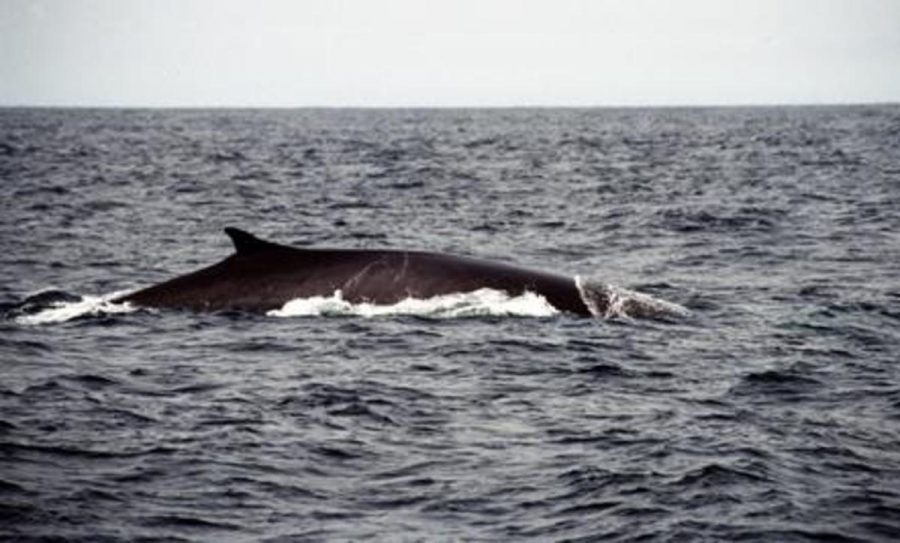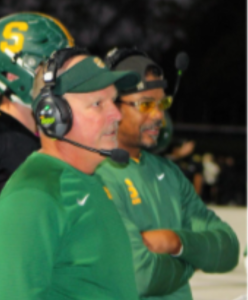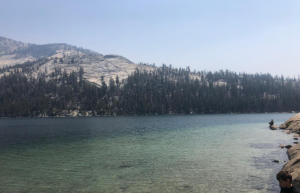Japan to continue whale hunting in upcoming season
Whales are hunted by the hundreds by the whaling industry. In the 2006-07 season alone, Japanese whalers hunted a total of 866 whales. Whales from their Antarctic program made up over half of those.
October 20, 2014
The Japanese government plans to resume whaling in the 2015-16 hunting season. This recent announcement goes against the new restrictions on scientific whaling programs set by the International Whaling Commission (IWC).
Following a ruling by a United Nations court that Japan’s whaling program was not ‘scientific,’ the IWC adopted stricter criteria for judging whether a program is scientific or not. The new criteria would push back further Japanese whaling until 2016, but Japan has other plans.
“We are now carrying out preparations for a new plan for scientific whaling to resume in the 2015-16 year,” Japanese Cabinet Secretary Yoshihide Suga said in a press conference.
Japan’s whaling industry is no stranger to controversy, however. In the past, it has been protested as being cruel and unnecessary.
“There is no humane way to kill a whale at sea,” naturalist David Attenborough said in ‘Troubled Waters’, a report on modern whaling. “There is nothing in the body of a whale, which is of use to us, for which we cannot find equivalents elsewhere.”
Yet people in Japan see whaling very differently. Whaling has been practiced in Japan since the twelfth century. It still holds great cultural significance and serves as a way of life for many Japanese fishermen.
“I think it’s a part of the culture. It’s the same as Americans eating cow or pig,” junior Takeshi Sadachi said.
Despite efforts of certain members of the international community, Japan shows no signs of stopping the whaling that it has practiced for hundreds of years.







